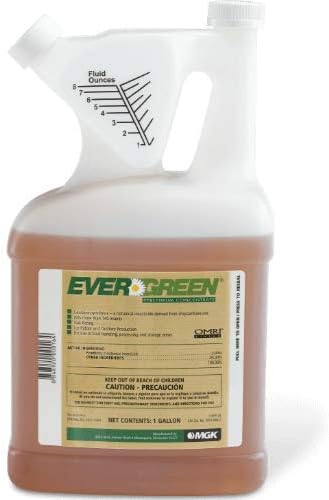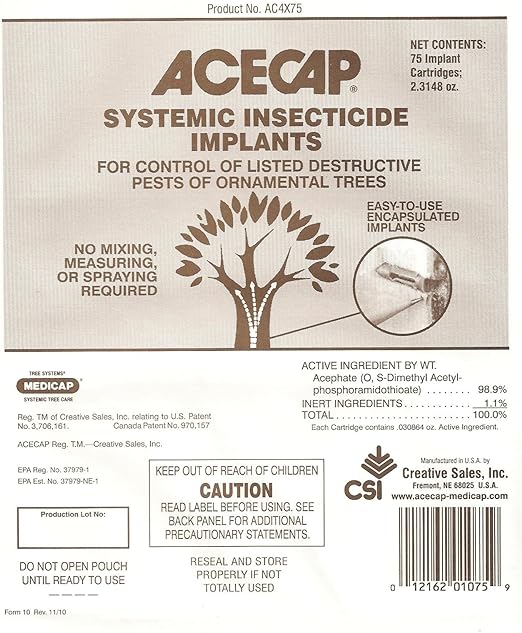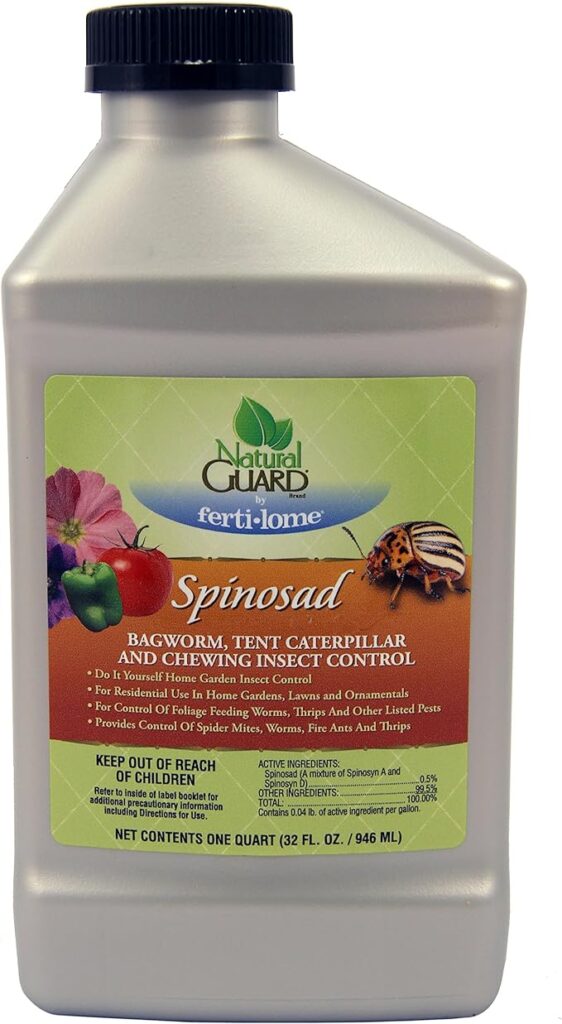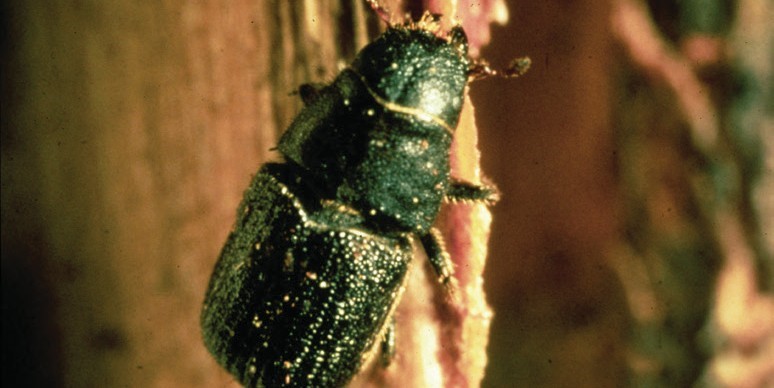Pine bark beetles are a common insect found in pine trees located throughout America. Although they are not often a major problem, they can cause considerable damage to trees when left unattended to. If you find yourself having an issue with pine bark beetles on your property, your best course of action is to eliminate the current outbreak using systemic insecticides for pine beetles and prevent future outbreaks by maintaining a healthy pine tree.
Systemic insecticides are a viable option for protecting individual trees from pine bark beetles. When applied correctly, they can provide protection against bark beetle infestation for up to two years. Systemic insecticides are pesticides that are applied directly to the soil around the tree and taken up by the tree’s roots. They become part of its vascular system, making it difficult for pests like pine bark beetles to develop resistance to them.
How Systemic Insecticide Works
Systemic insecticides act by being absorbed by the plant and distributed throughout the plant, which includes the sap, leaves, needles and bark of the tree. This is the way many plant diseases are treated. When the adult tree beetles feed on this part of the trees they ingest these chemicals and they kill them internally.
In many cases, even though you apply systemic insecticides during a time when there are no adult tree beetles, following that application you may see dead adult beetles floating on top of the soil or leaf litter.
However, even though you are seeing dead adults it does not mean that you have successfully treated for all life stages of the pine bark beetle. You still need to ensure that prior to the emergence of next generations of adults, you maintain an adequate residual amount of active ingredient in the soil or leaf litter.
Systemic Insecticide For Pine Bark Beetles
Some of the systemic products for forest tree pests include:
Imidacloprid
The chemical name of imidacloprid is (1R,2S)-13-chloro-6-methyl-3-(2,6-dichloro-4-[(1RS)-1-(4′-chlorophenyl)ethyl]-4′-[(1RS)-1-(trifluoromethyl) ethyl]phenyl]-2,3a, 7,8,9b-hexahydroimidazo[1,5a]pyrazine. This insecticide is also known as Merit® and Imicide® and has active ingredient imidacloprid.
Imidacloprid works by acting on the central nervous system of insects to interrupt their normal function and ultimately resulting in death.
Fipronil
Fipronil is a contact insecticide that kills pine bark beetles by contact. It also works as an ingestion insecticide, which means it’s absorbed into the body when consumed. This makes fipronil a stomach poison, but it is not systemic in any way; it does not move through or into the plant or tree from which it was applied. It has a residual effect of 3-6 months and is broad-spectrum—meaning that it can be used on many different types of plants and trees to control many different types of insects.
Dinotefuran
Dinotefuran is a systemic insecticide that is used to control pine tree bark beetles. It is a broad-spectrum insecticide, meaning it kills many different species of insects. However, it can also be toxic to bees, birds and fish when applied at high concentrations. Dinotefuran acts as a neurotoxin by binding to nicotinic acetylcholine receptors in the central nervous system (CNS). When these receptors are bound by dinotefuran they cannot be activated by acetylcholine which leads to paralysis and death.
Acetamiprid
Acetamiprid is a systemic insecticide that works by disrupting the nervous system of insects. It’s applied as a liquid, which is absorbed by the tree and then moves throughout the xylem to poison the entire plant.
Acetamiprid has been shown to be highly effective against pine bark beetles when applied at low concentrations and in spring or fall when beetle populations are low. The product can be used on both pines (both white and red) as well as spruce trees up to 4 feet tall, but it must be applied every year for best results because pine bark beetle populations are constantly changing due to weather conditions like drought or cold winters.
It is toxic to bees, fish, birds, earthworms, other beneficial insects such as ladybugs (which control aphids), mites that feed on thrips pests; however it isn’t toxic to honeybees so it doesn’t kill pollinators while they’re collecting nectar from flowers within reach of sprayed plants.
Commercial Systemic Insecticide To Consider

DPD Evergreen Pyrethrum Concentrate
Price: $548.00
Features:
EverGreen Pyrethrum Concentrate is a broad spectrum insecticide that can be used in OMRI listed organic production. This insecticide contains Pyrethrins 5.0%

Acecap AC4X75 Tree Implant, Brown
Price: $62.50
Features:
- No chemical exposure to applicator or the environment
- Season-long control of tree pests, up to two seasons in evergreen trees
- 10 implants will treat a 14 inch diameter trunk
- Tools required to treat: tape measure, cordless drill with 3/8 inch bit, hammer and bolt or dowel rod
- Ready to install – no measuring of chemicals

Fertilome Spinsosad Insect Control Oil
Price: $34.65
Features:
Fertilome Spinsosad Insect Control Oil is an organic systemic insecticide that can be used to control pine bark beetles and other related insect pests. It offers a lasting solution to pest infestation by repelling insect pests.
Concerns About Systemic Insecticide Pollution in the Environment
Selective insecticides can be used to treat individual trees. Injecting insecticide into the tree is more effective than spraying, but injecting also poses some risks. The best time to inject your pine trees is in early spring (April-May) or late fall (September-October).
Although systemic insecticides can be effective in controlling pine bark beetle infestations, they do have some drawbacks. In areas where there are multiple trees, systemic insecticides may spread to other trees and cause damage or death. Systemic insecticides are also difficult to apply correctly. If they are applied improperly, they can pollute the environment by being washed away into streams or lakes.
-Systemic insecticides can accumulate in the soil, where they can potentially harm non-target organisms such as earthworms and beneficial insects.
-Systemic insecticides can accumulate in the water and kill aquatic organisms that are dependent on small insects for food, including fish and birds.
-Systemic insecticides that are used in large quantities may be harmful to bees, which pollinate many of our crops—and thus critical to a healthy food supply.
